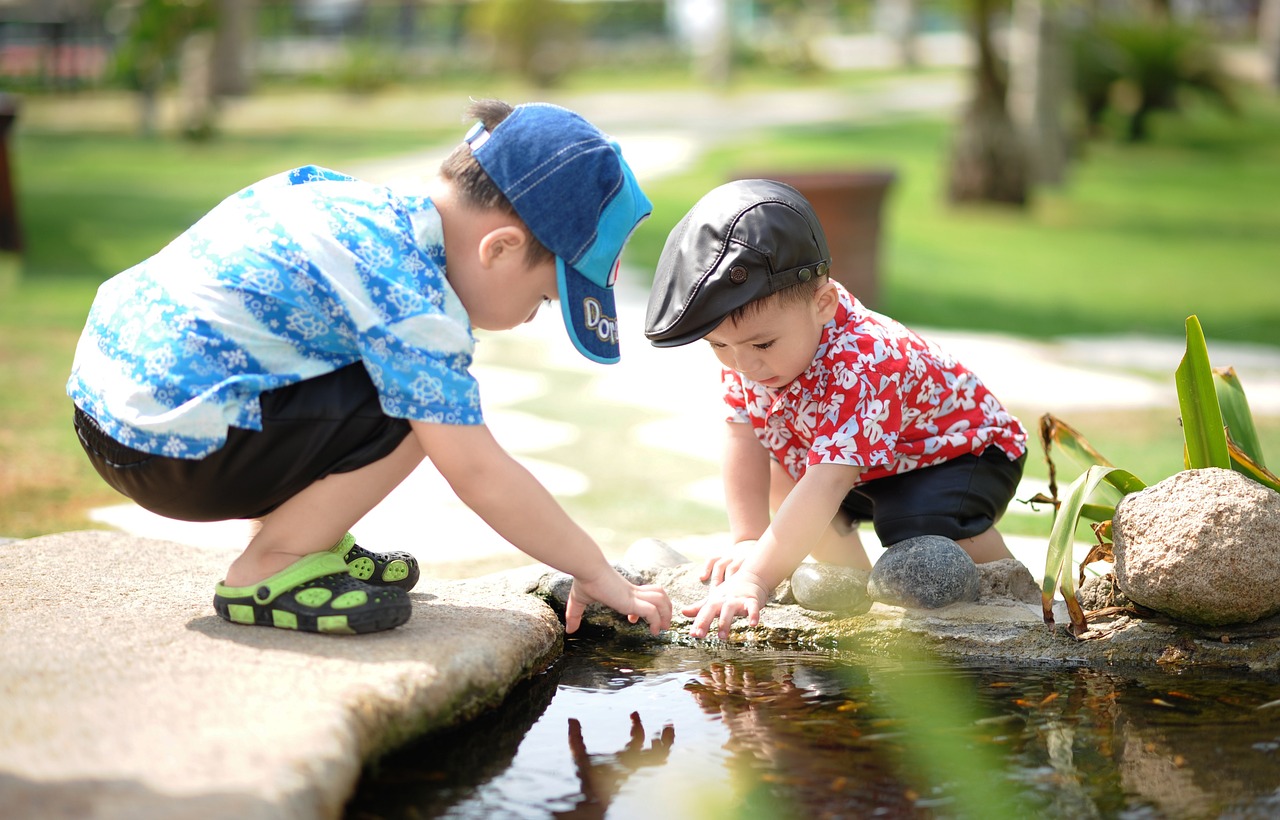Table of Contents
ToggleIntroduction
The world is facing numerous environmental challenges, from climate change to deforestation, which threaten the well-being of our planet and its inhabitants. To tackle these challenges, we need to equip the next generation with the knowledge and skills necessary to create a more sustainable future. This is where K12 education for sustainability comes in. In this article, we will explore what K12 education for sustainability is, why it is important, and how it can be implemented in schools.
What is K12 Education for Sustainability?
K12 education for sustainability is a comprehensive approach to teaching and learning that integrates environmental, social, and economic sustainability into all aspects of education. It is designed to provide students with the knowledge and skills necessary to create a more sustainable future. K12 education for sustainability covers a wide range of topics, including climate change, renewable energy, conservation, biodiversity, sustainable agriculture, and social justice.
Why is K12 Education for Sustainability Important?
K12 education for sustainability is important for several reasons. First, it helps students to develop a deep understanding of environmental and social issues, and how they are interconnected. This understanding can inspire students to become agents of change in their communities, and to work towards a more sustainable future.
Second, K12 education for sustainability is important because it prepares students for the green jobs of the future. As the world transitions to a more sustainable economy, there will be a growing demand for workers with skills in renewable energy, sustainable agriculture, and other areas of sustainability. By providing students with a solid foundation in these areas, K12 education for sustainability can help to ensure that they are well-prepared for the workforce of the future.
Third, K12 education for sustainability is important because it helps to build a culture of sustainability. By integrating sustainability into all aspects of education, schools can create a culture where sustainable practices are the norm, and students are encouraged to take an active role in creating a more sustainable future.

How Can K12 Education for Sustainability be Implemented in Schools?
There are several ways that K12 education for sustainability can be implemented in schools. Here are some examples:
- Curriculum Integration: One of the most effective ways to implement K12 education for sustainability is to integrate it into the curriculum. This can be done by incorporating sustainability topics into existing subjects such as science, social studies, and language arts.
- Green School Practices: Schools can also implement sustainable practices such as composting, recycling, and reducing energy use. These practices can be incorporated into the curriculum, and can help to create a culture of sustainability.
- Student-Led Projects: Students can be encouraged to take an active role in creating a more sustainable school environment by leading projects such as creating a school garden, implementing a recycling program, or organizing a climate action group.
- Professional Development: Teachers can receive professional development training in K12 education for sustainability. This can help to ensure that they have the knowledge and skills necessary to effectively teach sustainability concepts to their students.
- Community Partnerships: Schools can partner with local organizations and businesses to provide students with opportunities to learn about sustainability in real-world contexts. This can include field trips to local farms, renewable energy facilities, or environmental organizations.
FAQs
Q: What is the goal of K12 education for sustainability? A: The goal of K12 education for sustainability is to equip students with the knowledge and skills necessary to create a more sustainable future.
Q: What are some examples of sustainability topics covered in K12 education for sustainability? A: Sustainability topics covered in K12 education for sustainability can include climate change, renewable energy, conservation, biodiversity, sustainable agriculture, and social justice.
Q: Why is K12 education for sustainability important for the future of the planet? A:
K12 education for sustainability is important for the future of the planet because it prepares the next generation to be responsible and proactive stewards of the environment. By teaching students about sustainability, they can make informed decisions about their personal behavior, and also be better equipped to work towards solutions to environmental challenges.
Q: How can schools measure the effectiveness of K12 education for sustainability? A: Schools can measure the effectiveness of K12 education for sustainability by assessing students’ knowledge and understanding of sustainability concepts, evaluating the impact of student-led sustainability projects, and tracking changes in the school’s environmental practices and culture.
Q: What are some challenges associated with implementing K12 education for sustainability? A: Some challenges associated with implementing K12 education for sustainability can include a lack of resources and funding, resistance from stakeholders who may not understand the importance of sustainability education, and a lack of alignment with standardized testing and accountability measures.
Conclusion
K12 education for sustainability is a critical component of preparing the next generation for a sustainable future. By integrating sustainability into all aspects of education, schools can help students to develop a deep understanding of environmental and social issues, and to become agents of change in their communities. While there are challenges associated with implementing K12 education for sustainability, the benefits are numerous and long-lasting, and can help to create a better future for all.







